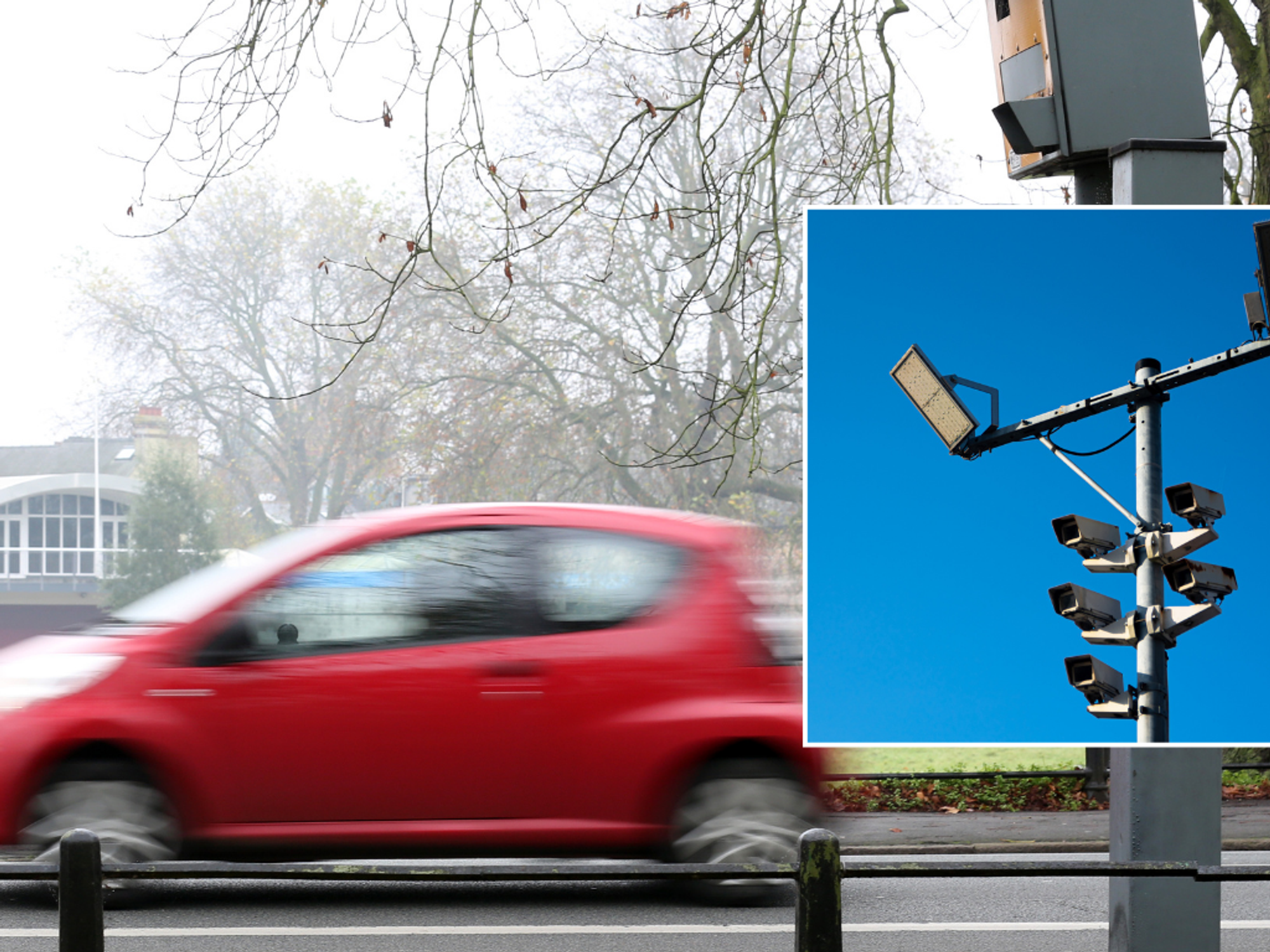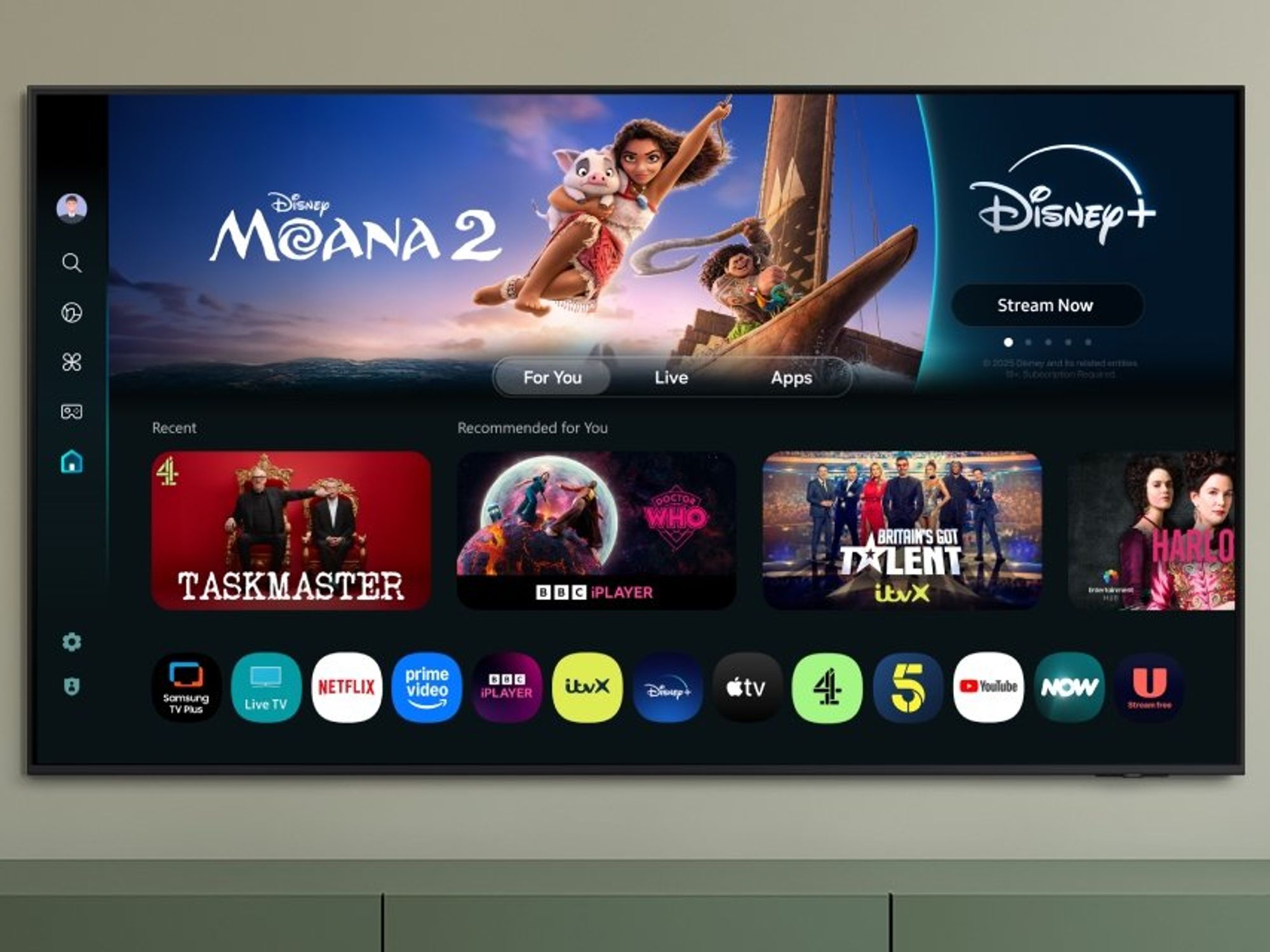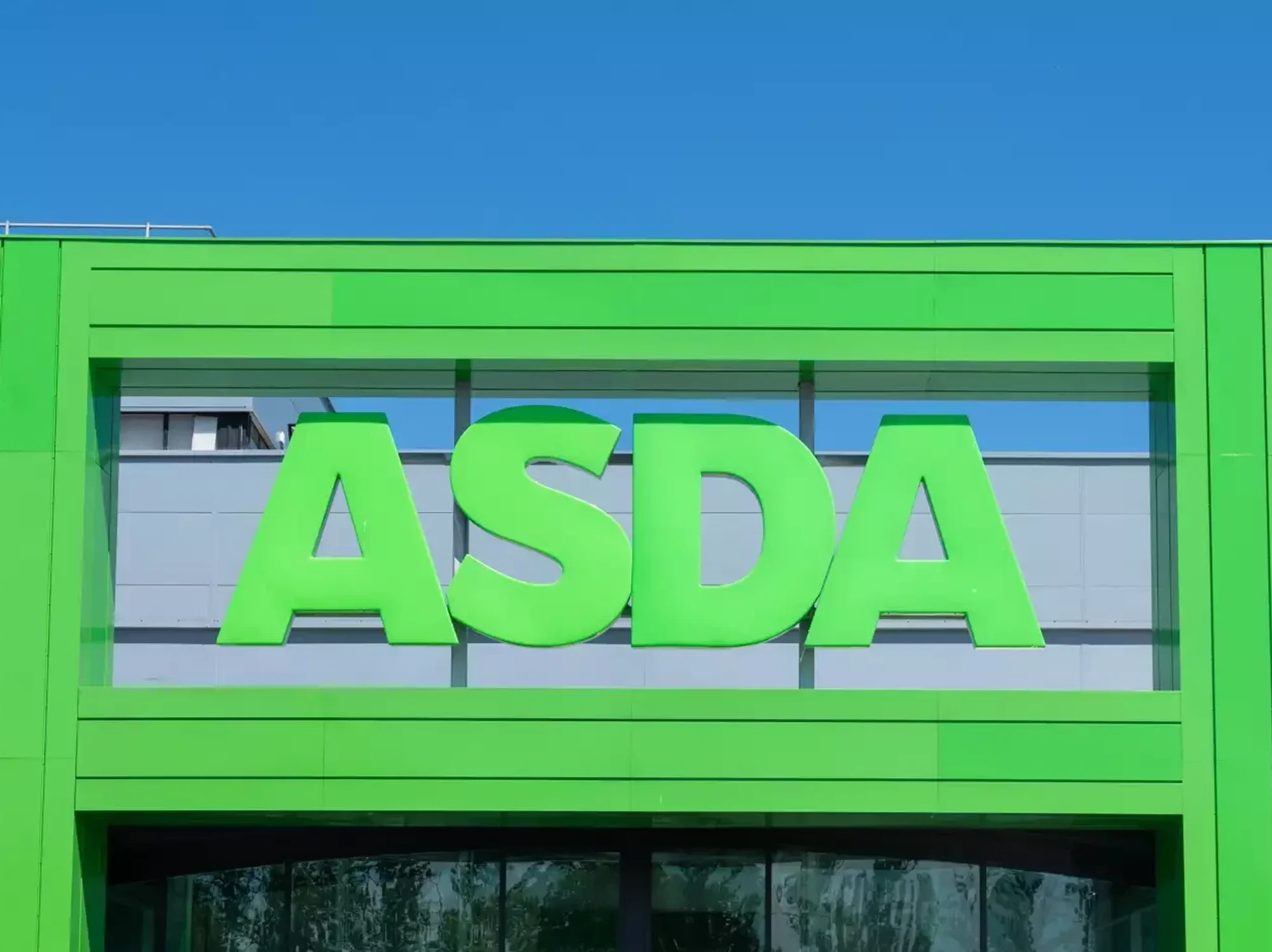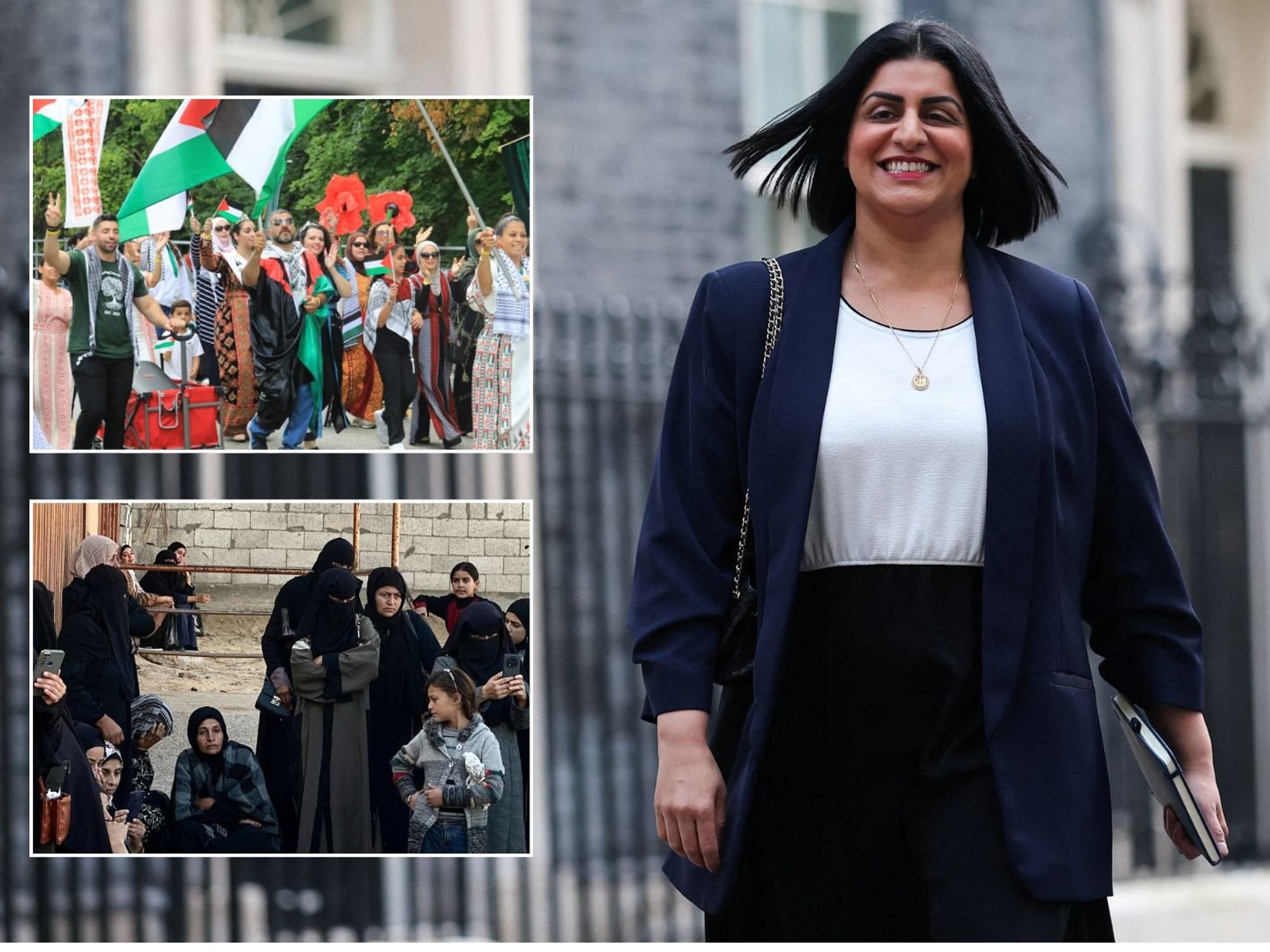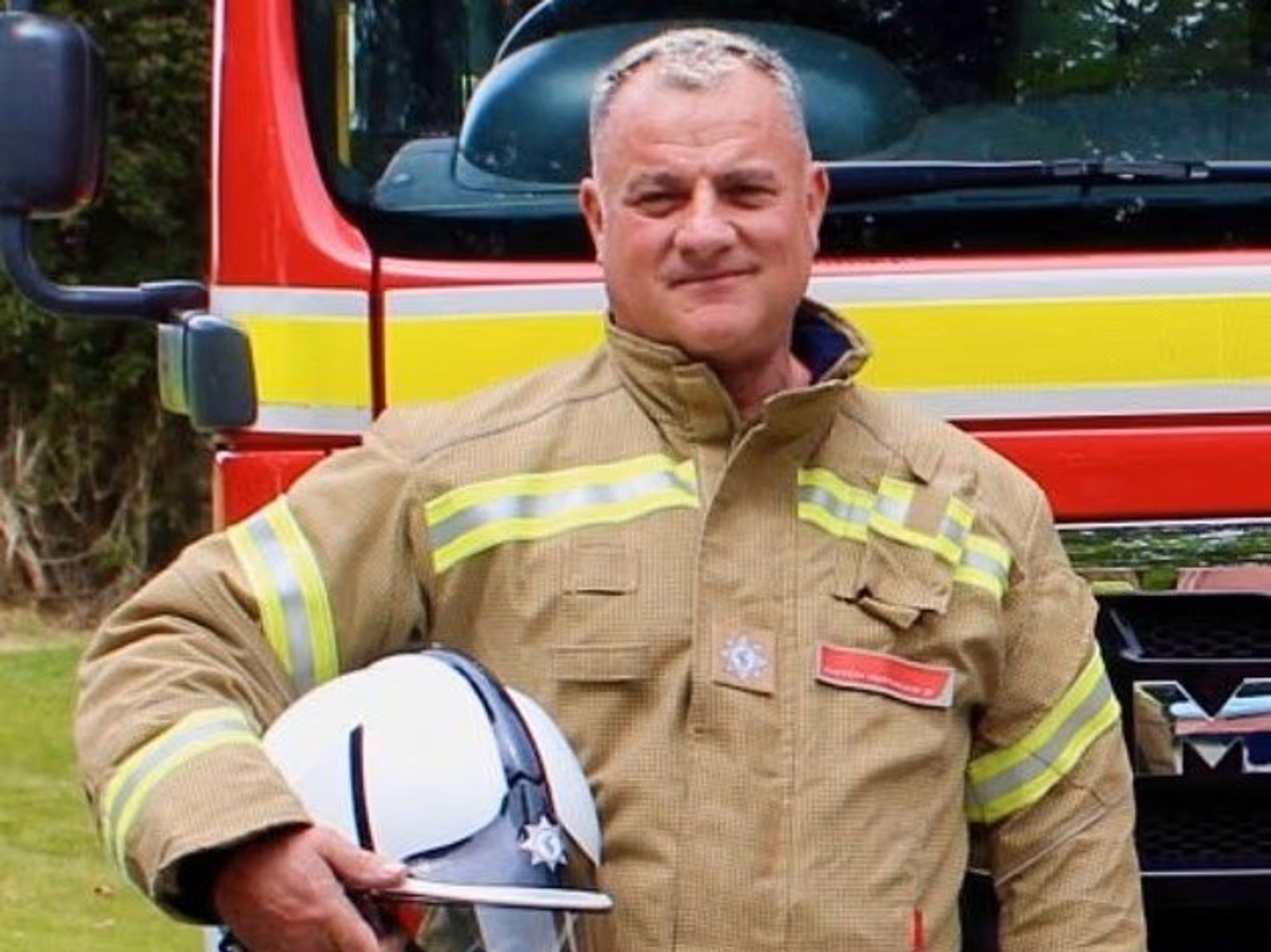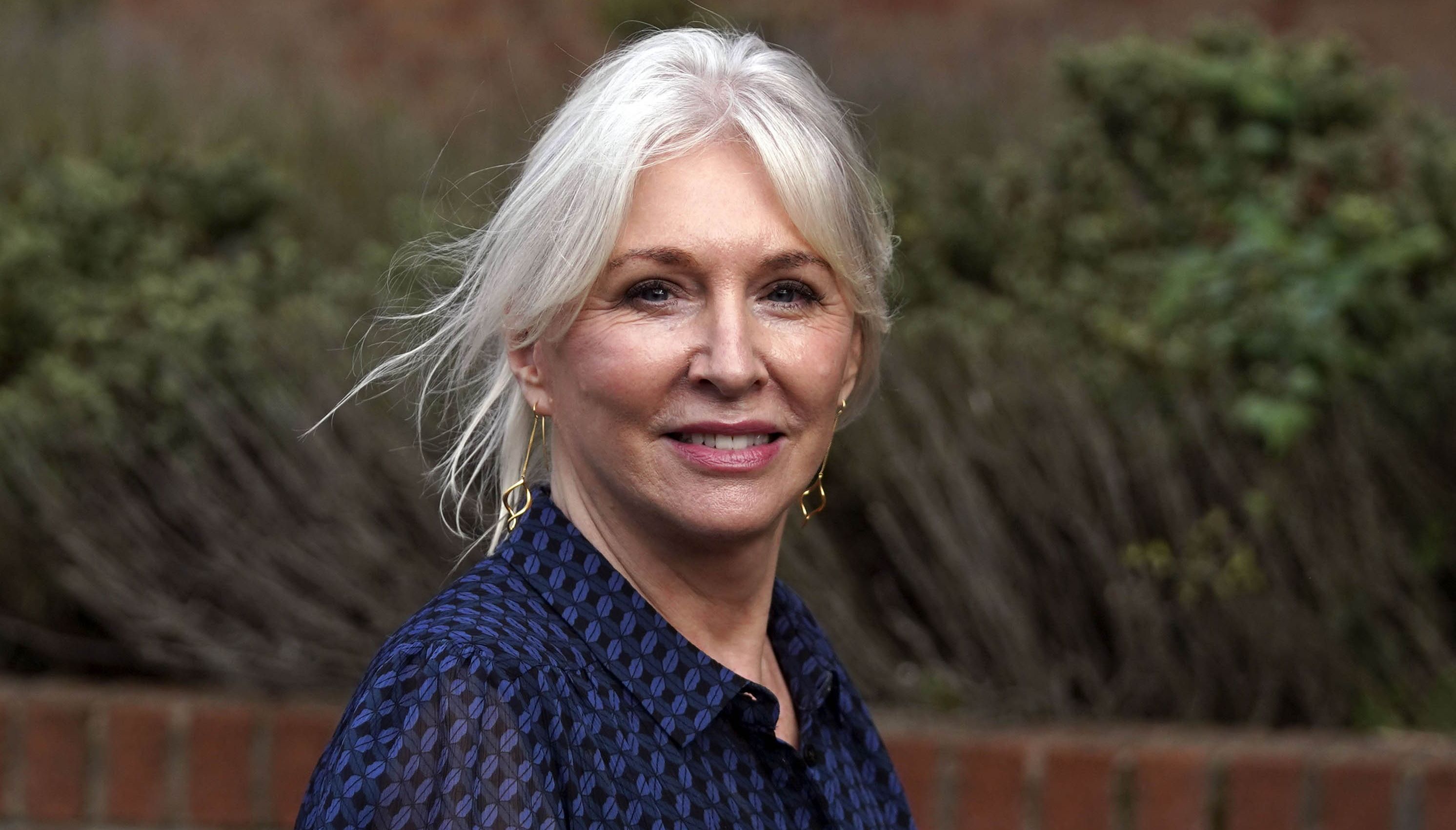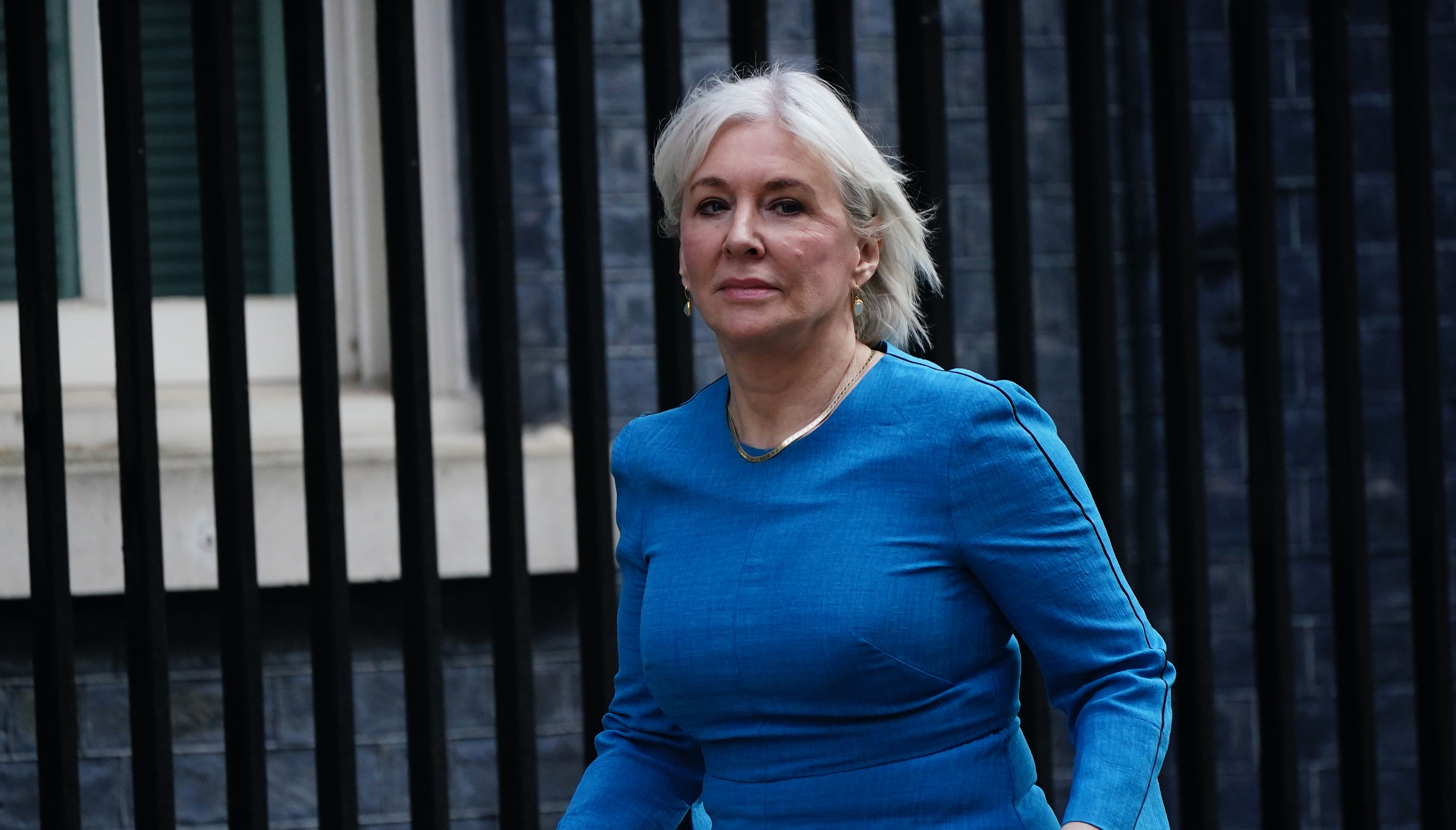Nadine Dorries orders impartiality review into BBC with focus on working class representation
Ms Dorries wants the review to focus on working class representation
Don't Miss
Most Read
Latest
The Government has announced the terms of the mid-term review into the BBC’s royal charter with a focus on representation of people from working class backgrounds.
Culture Secretary Nadine Dorries said the consultation would “build on our recent progress to make the BBC more accountable to those who fund it, level up people’s access to the job opportunities it offers and ensure it continues to work in the best interest of the public”.
The terms of reference show it will focus on the BBC’s compliance with editorial standards and evaluate how it is representing audiences from working-class backgrounds.
Culture Secretary Nadine Dorries.
Steve Parsons
Culture Secretary Nadine Dorries.
Aaron Chown
It will also assess “whether current regulations and governance could be improved to ensure it is delivering for licence fee payers”.
Ms Dorries has also issued a legal direction to the BBC to “promote equality of opportunity” for people from working class backgrounds.
This includes a target for 25 percent of staff to be from low socio-economic backgrounds and ensuring 60 percent radio and 50 percent of TV programme production spend is outside London by the end of 2027.
The BBC must also deliver 1,000 apprenticeships per year by 2025.
Ms Dorries said: “The BBC is a world-class broadcaster but one which has to adapt to a rapidly changing landscape just like all broadcasters are. The Government is committed to ensuring the BBC is more impartial, more accessible and more reflective of our country’s variety of viewpoints.
“This review will build on our recent progress to make the BBC more accountable to those who fund it, level up people’s access to the job opportunities it offers and ensure it continues to work in the best interest of the public.”
Responding, BBC Chairman Richard Sharp said: “The mid-term review is built into our Charter. We welcome it and we will engage fully and constructively.
"We look forward to working with Government and Ofcom.”
A BBC Spokesperson added: “For clarity, proposed changes to the Framework Agreement will reflect commitments we have already made.
"We are raising out of London production as part of our Across the UK plan; we’ve set targets for our staff to be 50 percent women, 20 percent black and minority ethnic, 12 percent disabled, and 25 percent from low socio economic groups; and we have a ten-point impartiality plan to raise editorial standards across the organisation.”






